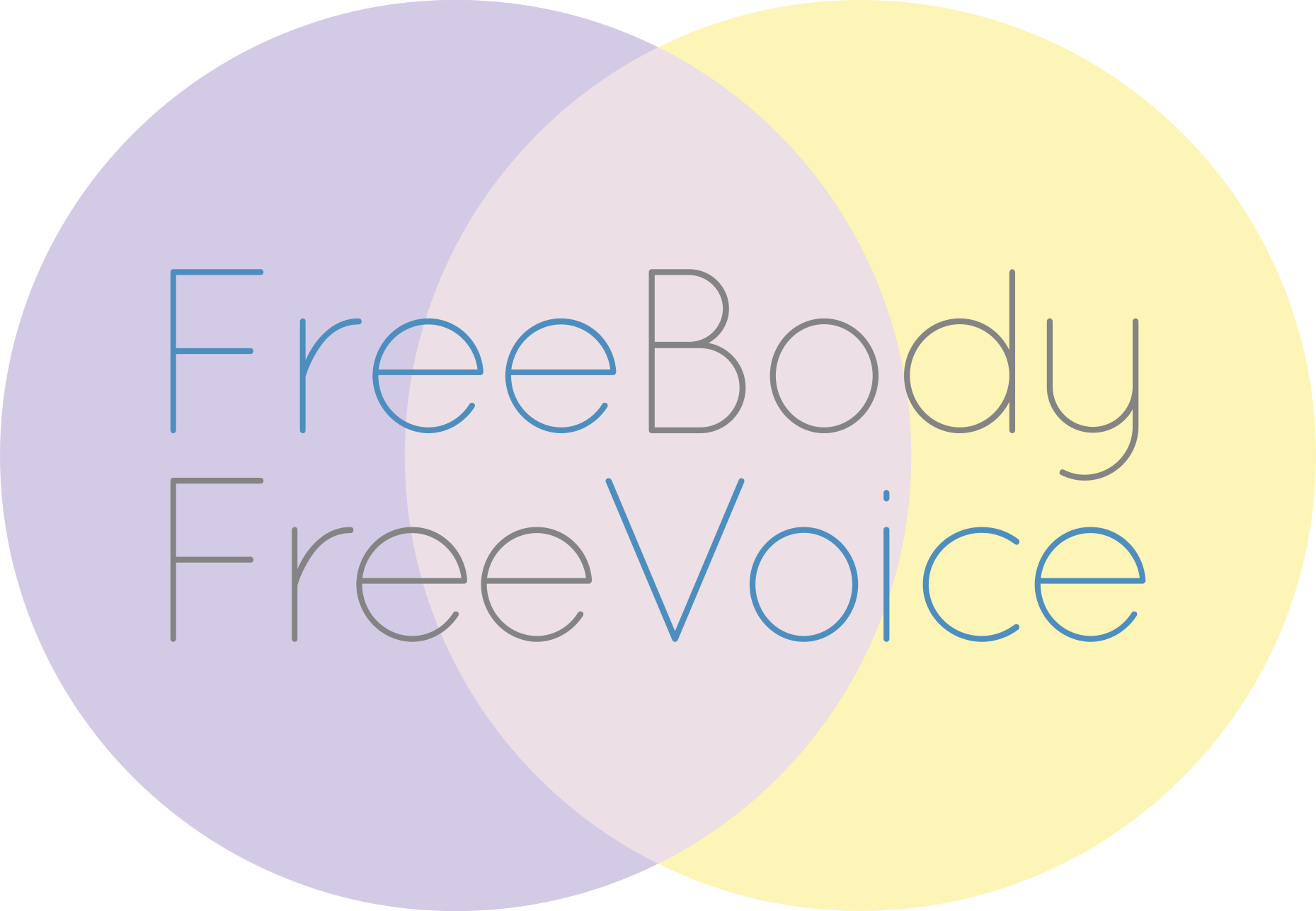When teachers misbehave
Last Friday, the voice lesson of one of my students—let's call him "George"—ended on a sour note. . .and I'm not referring to any of the sounds that came out of George's mouth. In a difficult pedagogical moment, George and I both reacted in an unconscious habitual manner that turned our normally pleasant and productive way of working emotionally and physically tense. I've learned a lot from going over in my mind how we got off course, and I'm blogging about it now to explore some important issues that arise in learning singing or any other skill.
First, let me describe what happened in the last minutes of George's lesson. We had spent about half the lesson on exercises and then turned to a group of songs (all about misbehaving!) that George is preparing as a set to perform together. In the course of rehearsing Cole Porter's "Why Can't You Behave?" we had noticed that George's voice was not as free as it was in some of the other songs and much less free than in the exercises.
I could see that during the song George was tensing his neck and suspected that this was contributing to the effortful vocal technique. (Tensing neck muscles excessively not only puts constriction on the larynx, but also pulls the weight of the head downward onto it.) Using my hands as an Alexander teacher, I helped George to release some of the tension in his neck. He was able to maintain these less constricted conditions while whispering vowels and singing some tones.
But when we returned to the Cole Porter song, it soon became evident that George was not able to maintain the freedom in his neck while singing in his higher range. He could either sing the high notes freely, in which case they "popped over" into falsetto OR he could sing these notes in a less-than-optimally coordinated chest voice with lots of effort and tension.
At this point, George's outlook as the student diverged drastically from my outlook as the teacher. From his viewpoint, he could suddenly not sing many of the notes of the song in a performable sound. FRUSTRATION!!! From my viewpoint, he had begun to learn how to sing high notes without pushing and we were now in a position to begin "rebuilding" the high notes in a new, freer coordination. EXCITEMENT!!!
Well, it was now the final minute of George's lesson, and everything broke down. We both let our emotions run away with us. George stopped paying attention to the state of freedom in his neck and began to try the most difficult phrases of the song over and over again, struggling harder and harder to make the high notes work. I stopped paying attention to the state of freedom in my own neck and tried to get George to stop practicing the bad coordination, raising my voice higher and higher and getting tenser and tenser in the process.
My exhausted state after George's departure let me know how badly I had misused myself in this interaction. But sometimes what feels like a failure can be a powerful learning experience. Analyzing this embarrassing experience (The Alexander teacher tensed his neck. . .while teaching!) has helped me to better understand these issues which I will cover in my next few blogs:
Why can I sing so well in the exercises and not in "real" music?
How end-gaining interferes with our learning. ("End-gaining" was Alexander's term for paying attention only to your goal and not to how you are using yourself in achieving it.)
Why it sometimes seems as though we are getting worse instead of better as we learn.
